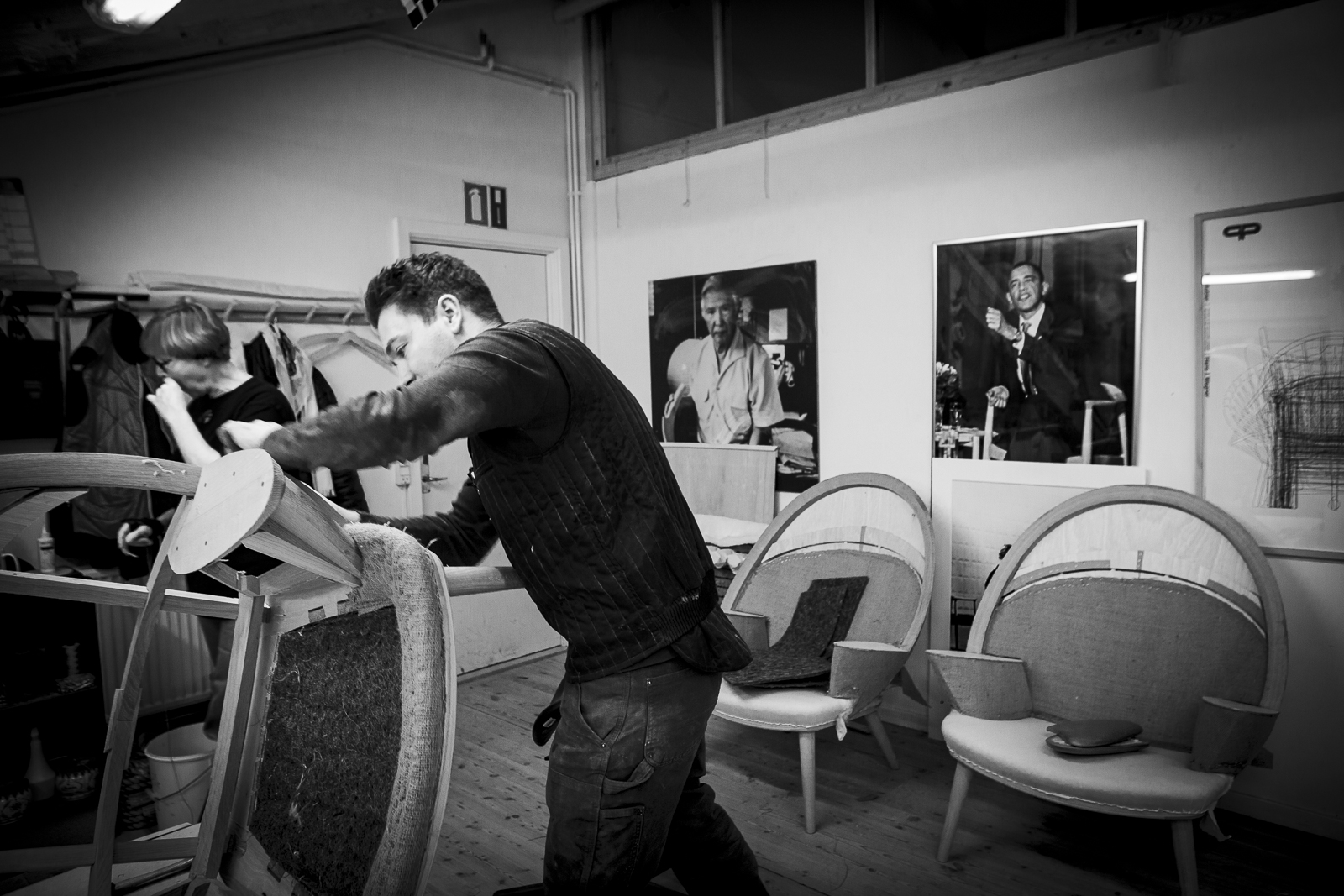
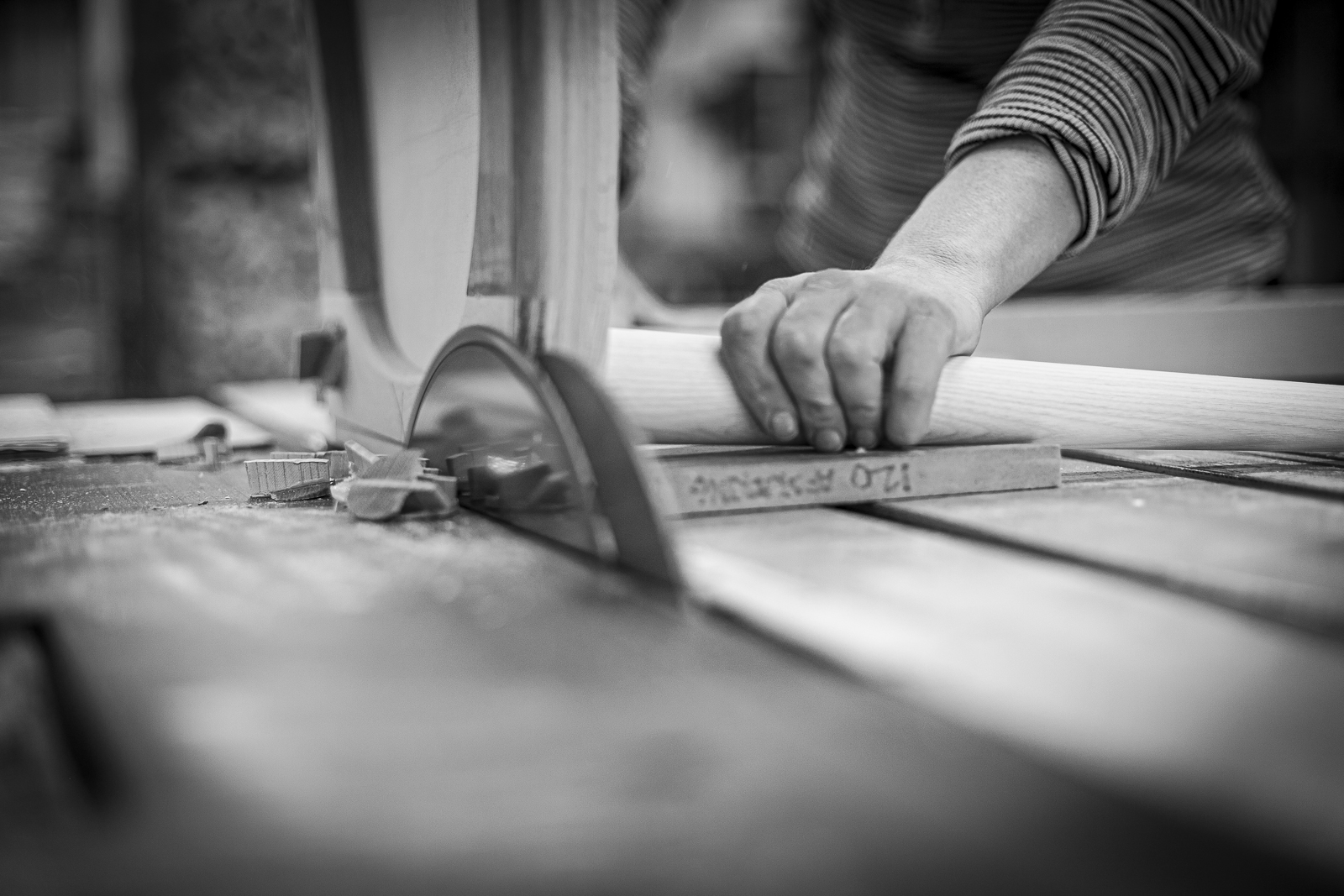
Poul Kjærholm was a Danish designer, who produced an extensive range of furniture, such as the PK61 coffee table. In 1958 he attracted international acclaim for his contributions to the ‘Formes Scandinaves’ exhibition in Paris and the award of the legendary ‘Lunning Award’, the same year for his PK22 chair. In both 1957 and 1960 he won the Grand Prize at the Milan Triennale.
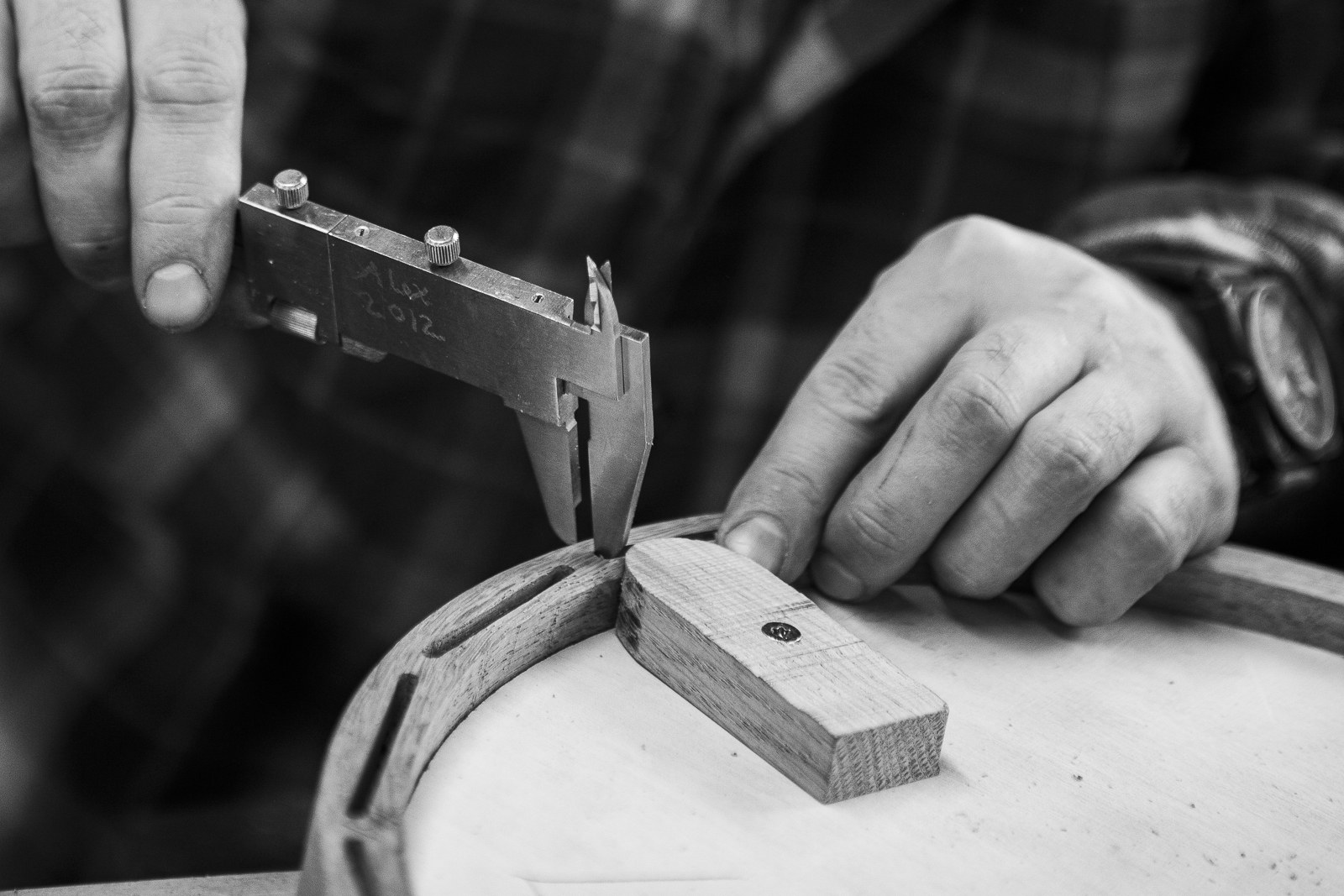
Kjærholm began as a cabinetmaker’s apprentice with Gronbech in 1948, going on to the Danish School of Arts and Crafts in Copenhagen in 1952. In 1953, he married Hanne Kjærholm who became a successful architect. He was very articulate and with his natural authority he started an outstanding career as an educator in 1952, the same year as starting in the Danish School of Arts and Crafts, but he continued to study with Prof. Erik Herløw and Prof. Palle Suenson.
From the mid-1950s he worked for his friend Ejvind Kold Christiansen, an entrepreneur who, giving him tremendous artistic freedom, produced an extensive range of his furniture. His distinctive style is evident as early as 1952 in his PKO minimalist plywood series. The PK61 coffee table of ’55 is a playfully irrational supporting frame visible through the glass top.
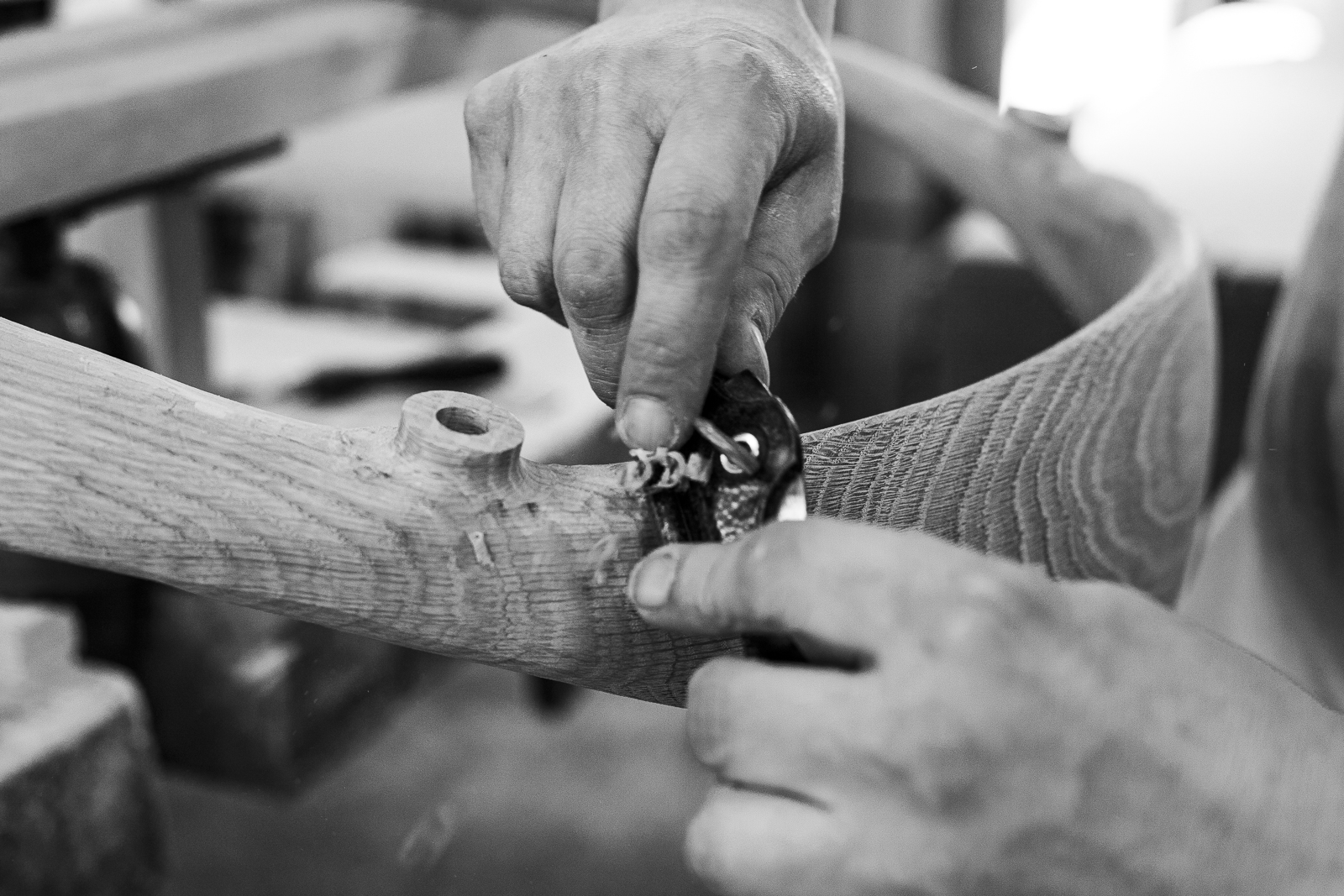
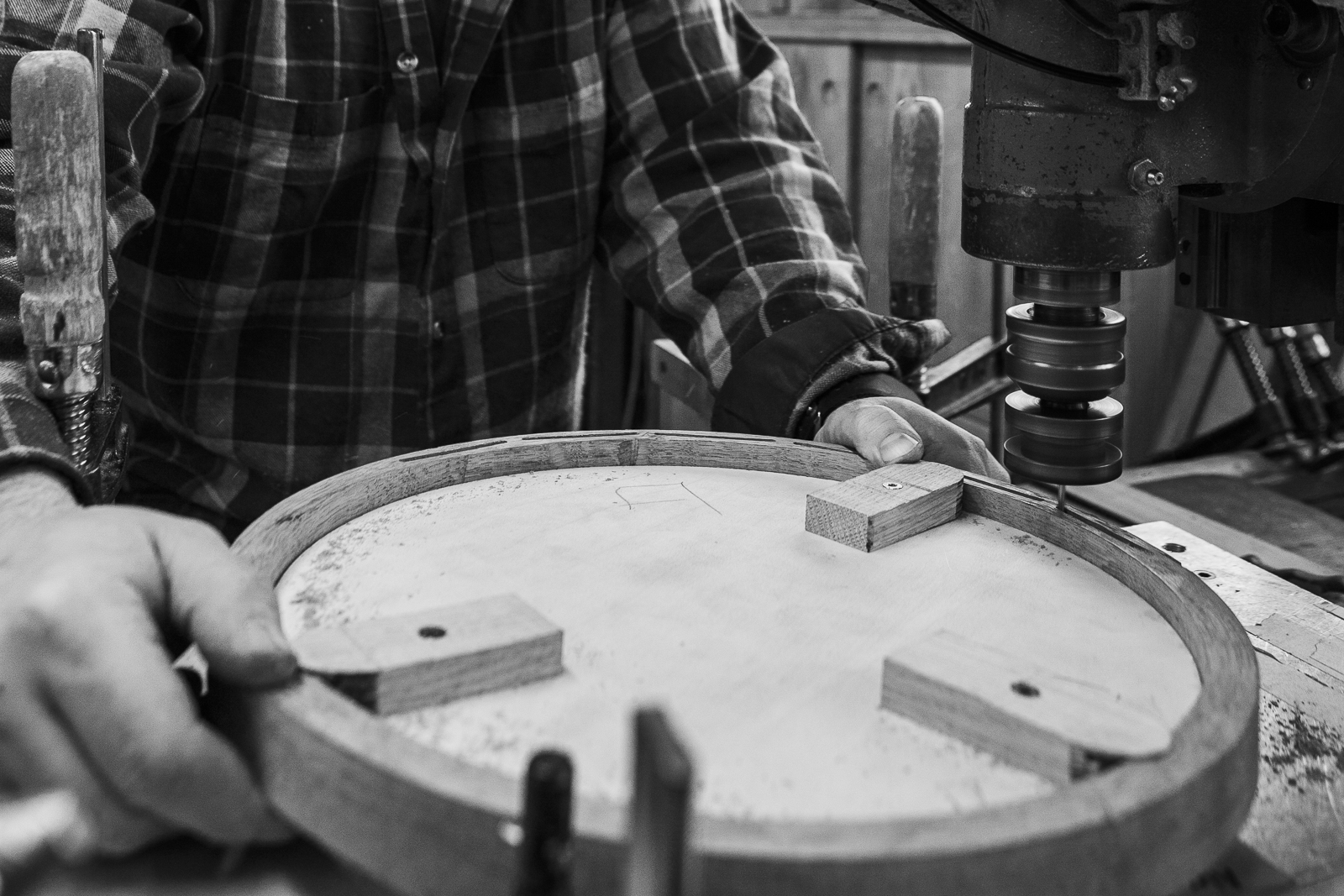
In 1958 he attracted international acclaim for his contributions to the ‘Formes Scandinaves’ exhibition in Paris and the award of the legendary ‘Lunning Award’, the same year for his PK22 chair. In both 1957 and 1960 he won the Grand Prize at the Milan Triennale.
In 1959 he became assistant at the Royal Danish Academy of Fine Arts in Copenhagen and lecturer.
In 1965 his PK24 Chaise Lounge typified his mature style. Its simple flowing lines combine steel and woven cane.
In 1967 he was awarded the Danish ID Prize for product design.
He became head of the Institute for Design in 1973 and finally professor in 1976 until his death 4 years later.